
Better than the Bomb Shelter
Life is full of crises; we go from one test situation to another. The war in Gaza and the missiles attacks in southern Israel show us how badly we need proper protection.

Translated by Rabbi Lazer Brody (Jan, 2009)
The biggest problem with the war in Gaza is that the most dangerous enemy – the Yetzer Hara – gets his foot in peoples’ doors with the news broadcasts, so that those that never listen to radios and TVs are all of a sudden glued to them to find out what’s happening. Anyway, this article is an alternative to the news broadcasts on TV and radio: Today’s “emuna broadcast” will help you cling to Hashem, so you’ll be safeguarded from any and all evil. Hashem is better than any underground bomb shelter with 8-foot-thick concrete walls. Hashem is better than any life or medical insurance plan. The shelter of Hashem’s Divine presence is the safest place on earth.
Let’s open our Gemara to tractate Menachot, page 29b: Rebbe Yehuda the Prince asked Rebbe Ami to interpret a passage in Isaiah, 26:4, “Trust in Hashem forever, for in Hashem is the strength of the worlds.” Rebbe Ami answered, “Whoever puts their trust in Hashem merits a shelter in this world and in the next world.”
We see the same idea in Jeremiah, 17:7, “Blessed is the man who trusts in Hashem, for Hashem will be his security.” Apparently, there’s something odd in this passage – if a person trusts in Hashem, then it’s obvious that Hashem is the object of that person’s trust, in other words, his security. So why does the prophet have use seemingly repetitive language?
The answer is that there is no redundancy here: The prophet is in effect issuing a warning. He says, know full well, that life is full of crises; oftentimes, a person goes from one test situation to another, like the old adage says, there’s no rest for the weary.
Sometimes it may not seem to your flesh and blood eyes that Hashem is not helping you, like in the case of the people of Sderot, Ashkelon, Ashdod, and surrounding areas that have been subjected to dangerous missile attacks in recent weeks. Or, maybe it appears that Hashem not helping you at the speed that you want to be helped. The prophet is therefore warning that one should not to be tempted to trust anything or anyone other than Hashem, for if one trusts Hashem with all his or her might, then Hashem will surely be their security, and guard them from all calamity.
Trust in Hashem means trusting in Hashem only, with no partners. Judaism doesn’t believe in anything but our One and Only all-powerful G-d. We put all our hopes in Hashem. King David, Hashem’s anointed, said in Psalm 27:14, “Hope to Hashem, strengthen yourself and He will give you courage, and hope to Hashem.” King David is teaching us that we need the courage not to be tempted to trust any false idols that are futile anyway. At this point, you might say, “Well, I don’t worship idols or trust in them” – our sages teach us that trusting – even in the slightest – in anyone other than Hashem is tantamount to idol worship. We therefore must be courageous in consolidating all of our trust in Hashem, and not in any futile humans that can’t even help themselves. Now here’s the great part of the deal – as soon as we strengthen ourselves with a little effort to trust in Hashem, Hashem returns the favor one-hundred fold, by giving us the emotional and even physical strength to cope with situations that we’d previously never dreamed of handling.
King David attained a lofty level of trust in Hashem. He described himself in Psalm 131 as a little baby on his mother’s breast – that’s how he described his trust in Hashem. This is the same King David that killed a lion when he was only 3 years old, killed Goliath before his Bar Mitzvah, and fought umpteen battles with the fierce enemies of Israel nearly his entire life. You can believe that King David was an expert swordsman, archer, horseman, or hand-to-hand combatant, yet he put all his trust in Hashem.
When a person seeks Hashem’s compassion and loving kindness, and seeks Hashem’s protection and assistance with all his heart, then Hashem guards over and rescues that person from all evil. King David, Mashiach (Hashem’s anointed) and great grandfather of Mashiach whom we’re so anxiously waiting for gives us a signed blank check when he says (Psalms 147:11), “Hashem favors those who fear Him, those who yearn for His kindness.” The Ramban, in his commentary on Deuteronomy chapter 20 gives an eye-opening explanation of this passage and says that a person shouldn’t trust his own might, whether financial, military, or otherwise – but just put their entire trust in Hashem.
Why did King David say “Hashem favors those who fear Him,” why fear instead of trust? The fear in Hashem is like one-stop shopping – when a person fears Hashem, he doesn’t have to fear his or her boss, income tax, sicknesses, poverty, Bin Ladin, the neighborhood bully or anything else. The outcome is wonderful – when we really fear Hashem, we don’t have to be afraid of a thing in the world. By freeing ourselves from all other fears, we attain true peace of mind.
Let’s take a look at the Shemonah Esrei prayer that we say 3 times a day – we have a special prayer for “bitachon”, which literally means security, i.e. trust in Hashem – we ask, “Please Hashem, reward those who trust in You truthfully, and may we be among them, and may we never be disgraced for we trust in You, and lean on Your loving kindness truthfully and innocently.”
We trust in Hashem to guard, and we trust in Hashem to help our beloved soldiers do their job, may Hashem protect them. When the missiles are falling on our brothers in the south of Israel, they have to run for the nearest bomb shelter. But, for those who turn to Hashem and strive to be close to Him, Hashem is better than any bomb shelter, as King David himself testified (Psalms 18:3), “Hashem is my Rock, my Fortress, and my Rescuer…in whom I take shelter.”



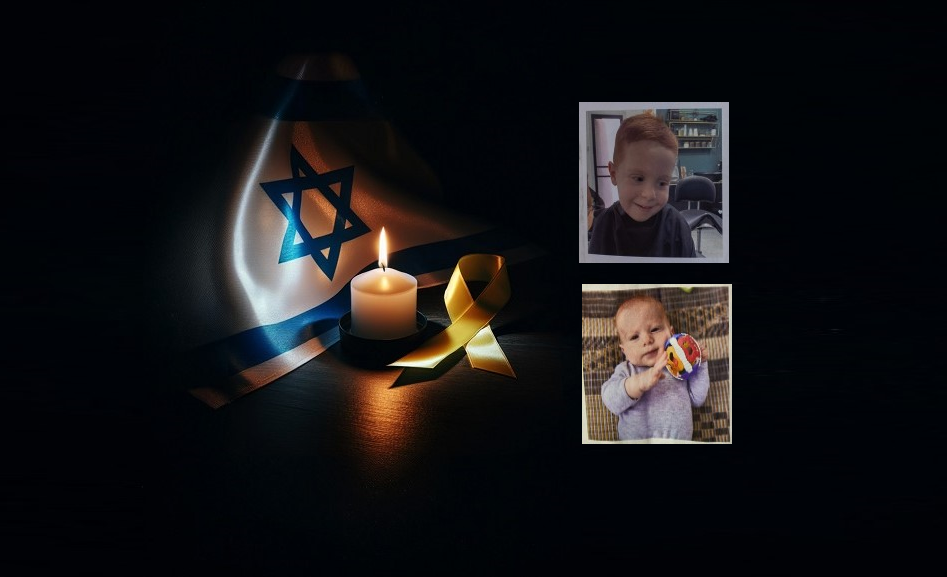

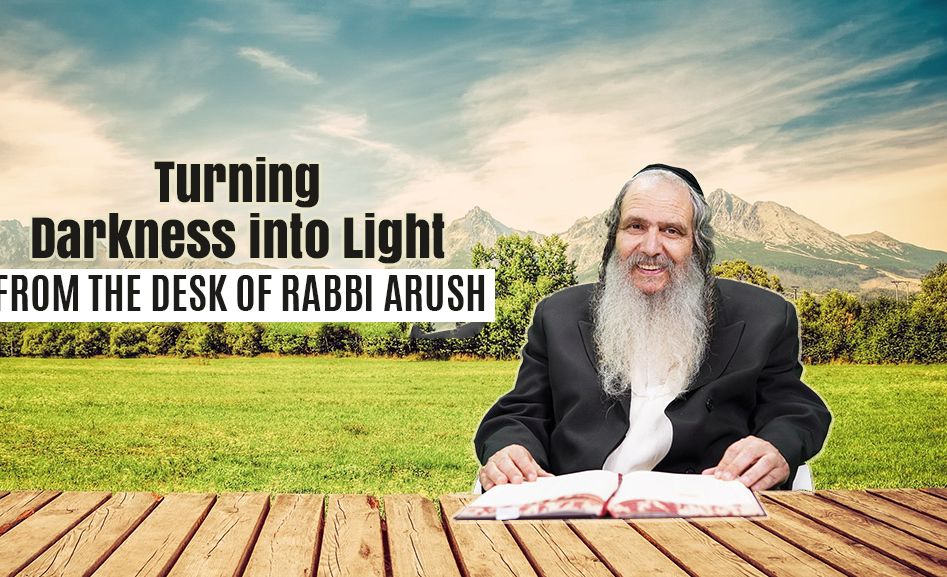
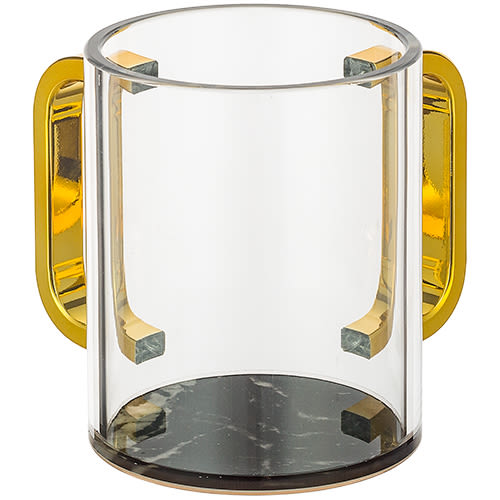
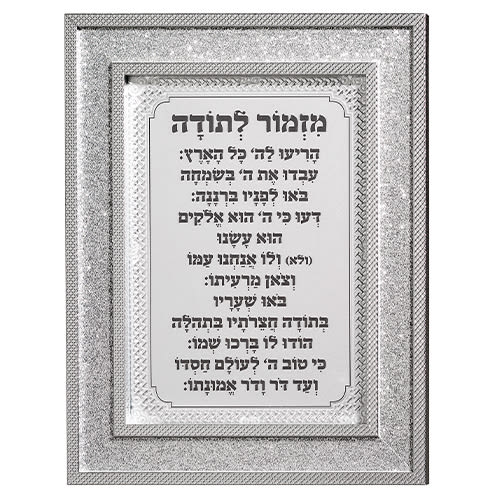
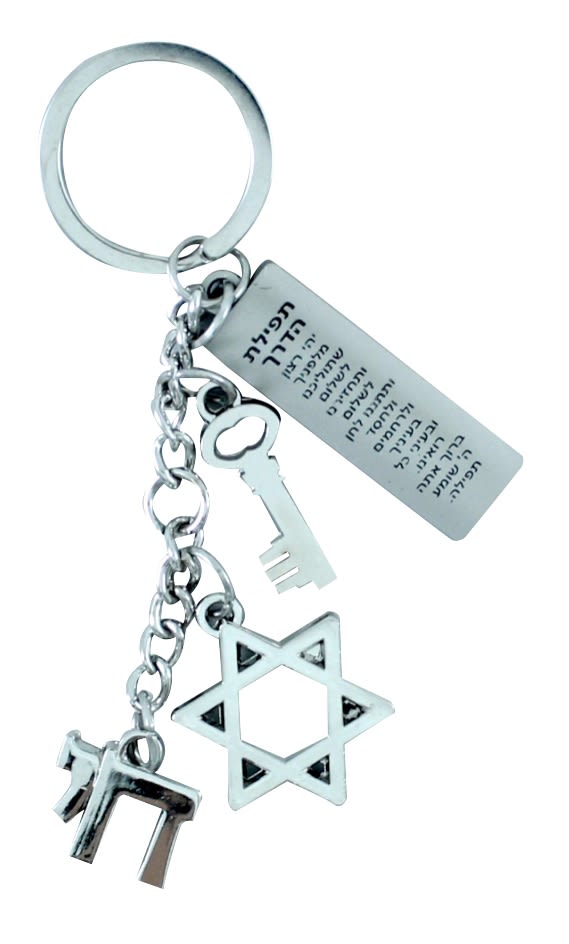
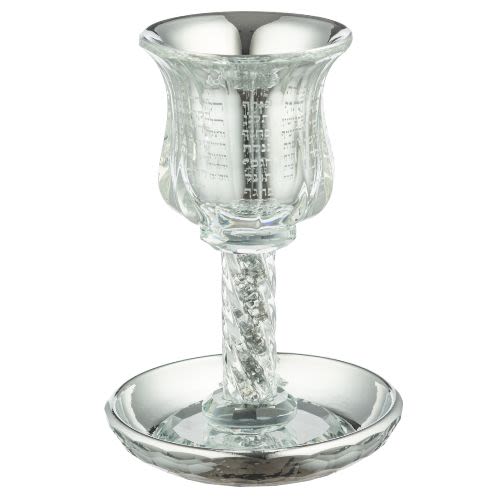
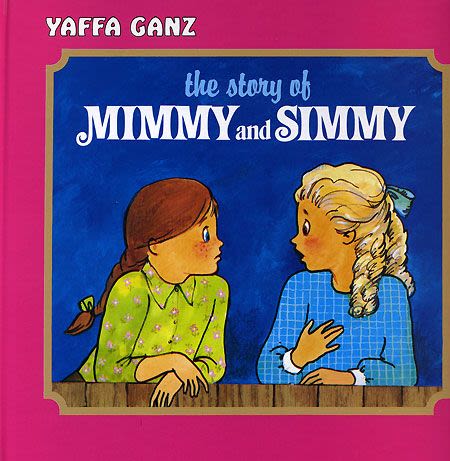
Tell us what you think!
Thank you for your comment!
It will be published after approval by the Editor.